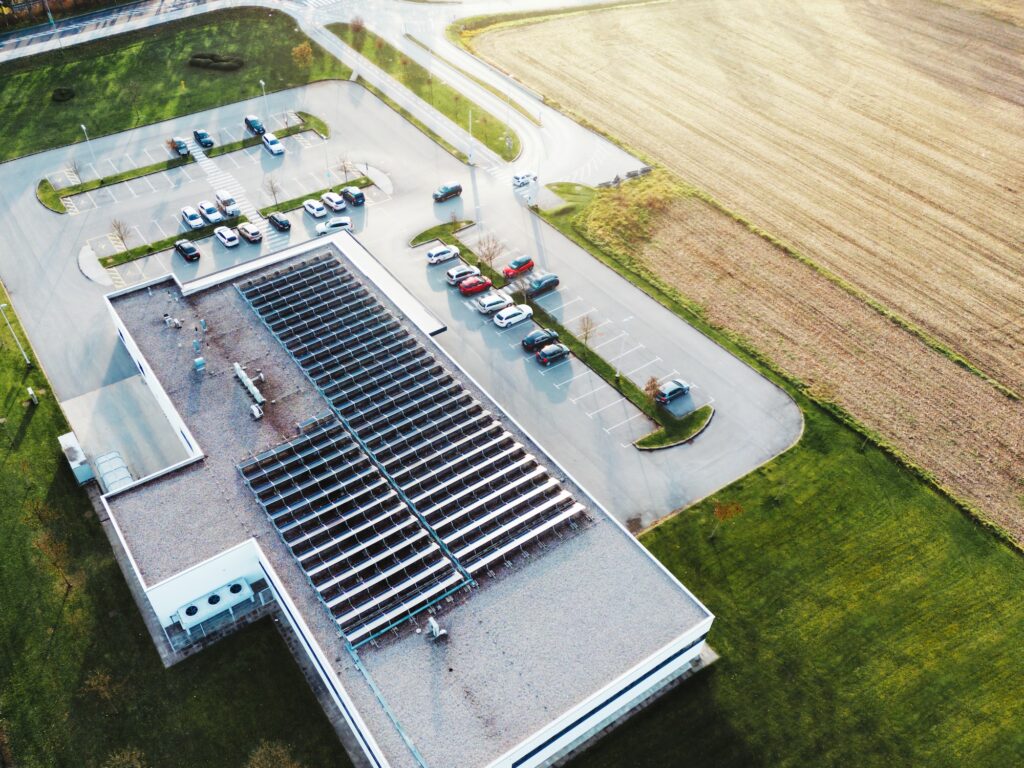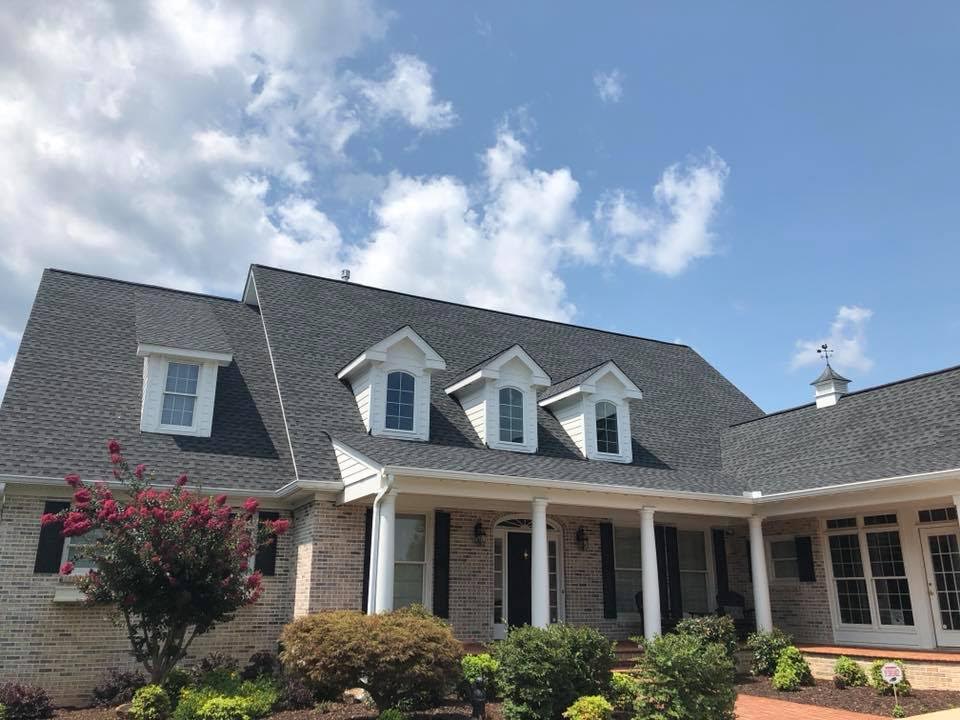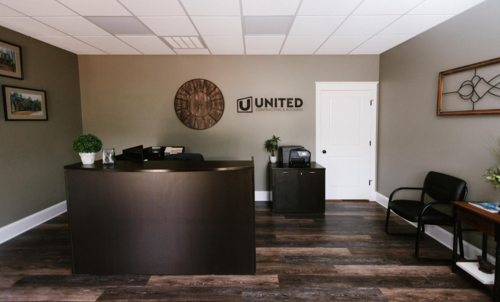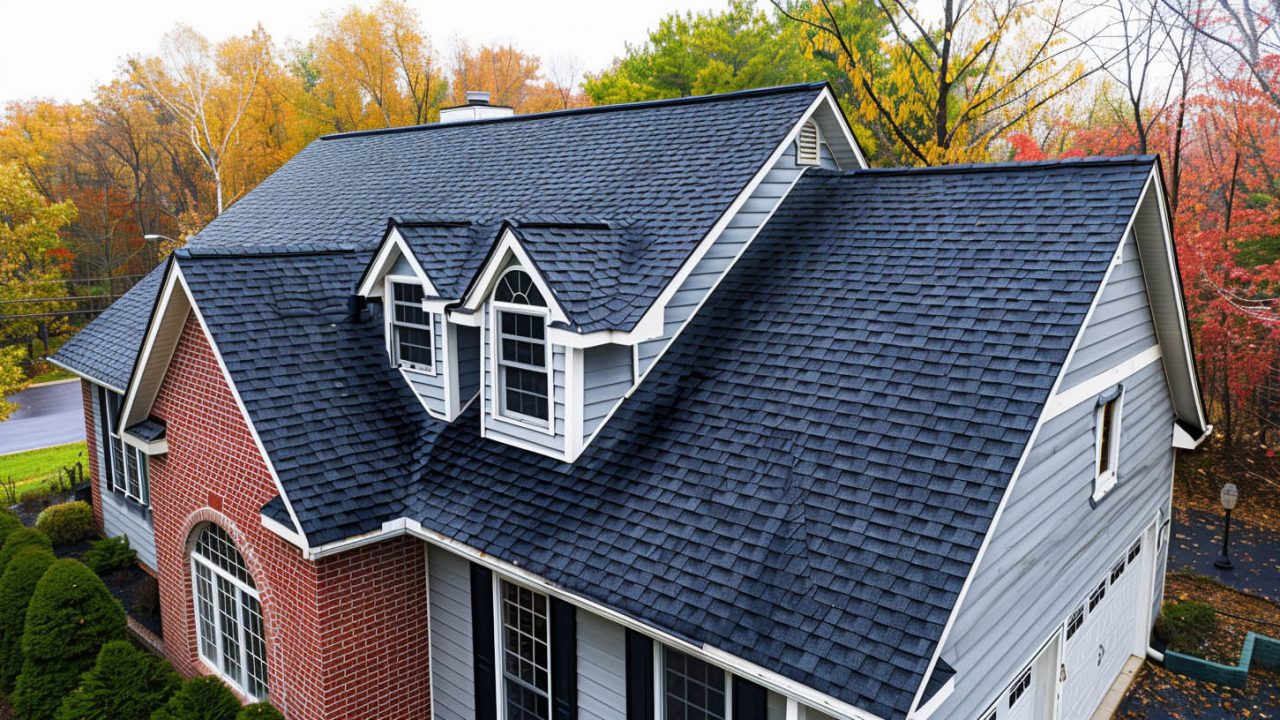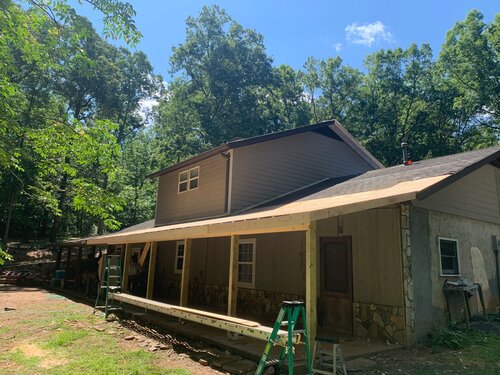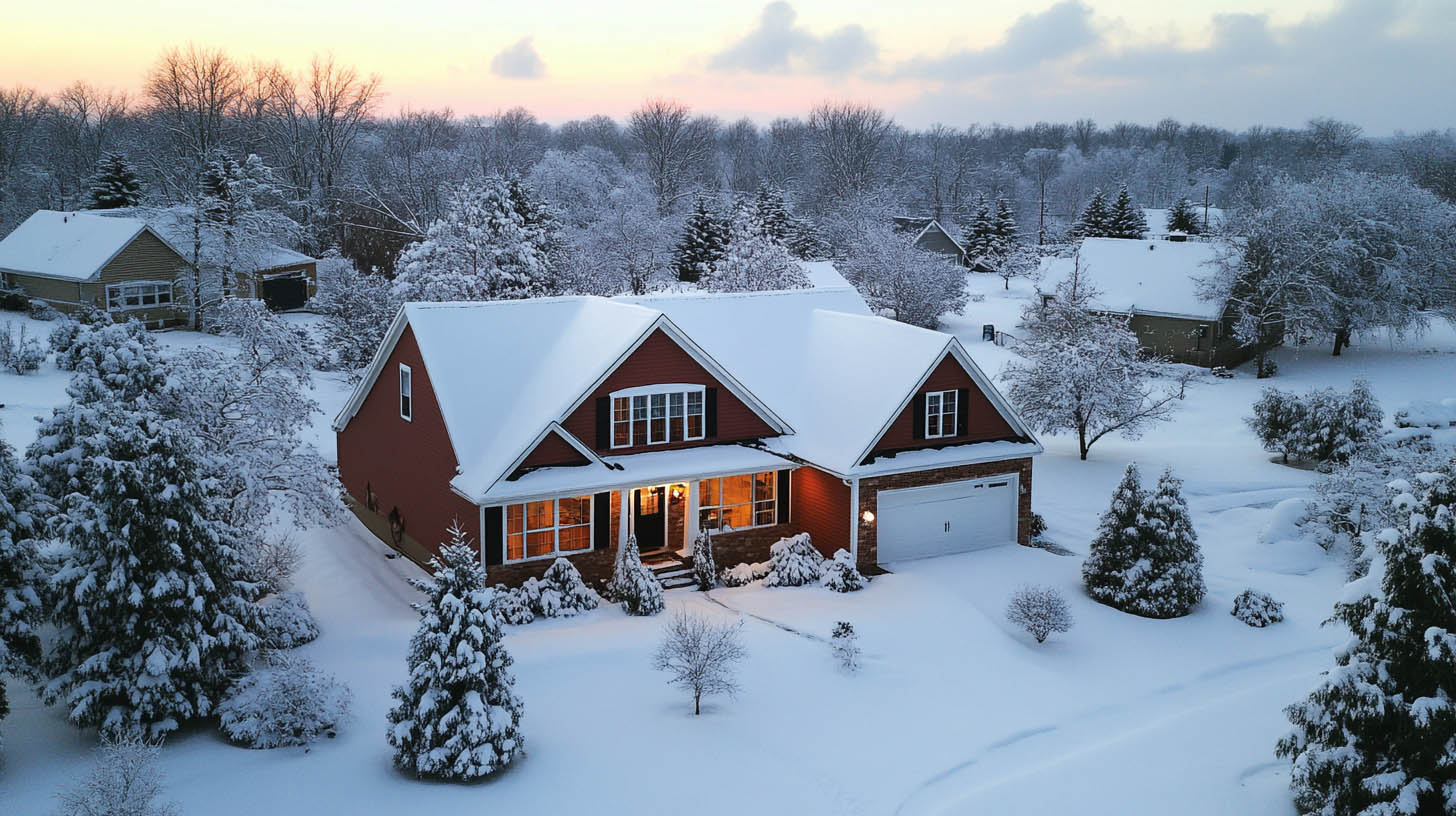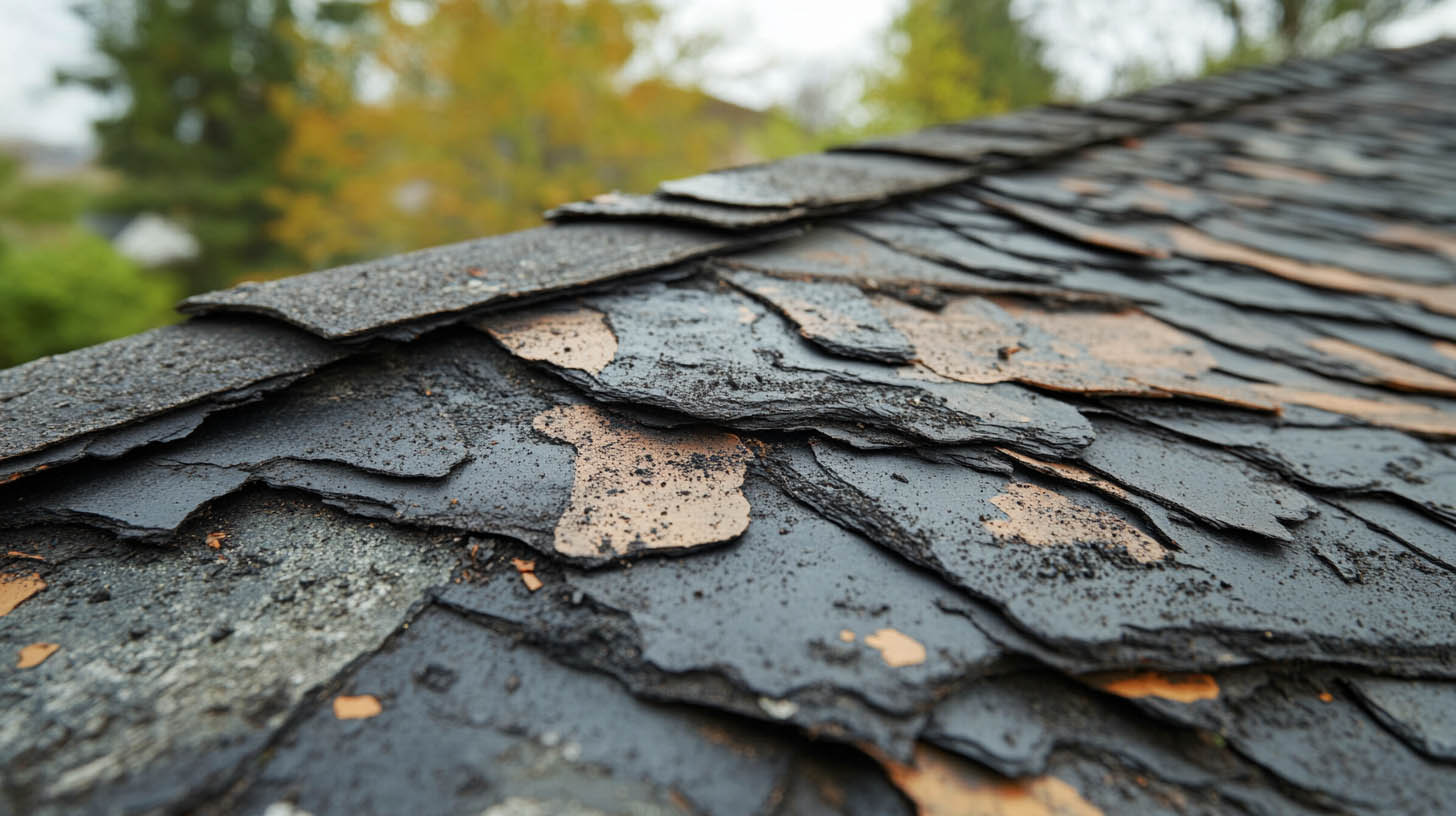United Contracting & Roofing LLC located in Greenville, SC, highlights the importance of roof sealants in maintaining and extending the life of roofing systems. Roof sealants act as a protective shield against environmental elements, helping to reduce the natural degradation process and prevent more extensive, multi-layer issues.
Benefits of Using a Roof Sealant
Protection Against Elements
Roof sealants provide strong protection against dust, water, heat, pollutants, and other outdoor elements. This protective coating helps deter the growth of mold and mildew, contributing to a healthier indoor environment. Additionally, roof sealants act as a durable shield for the roofing system, extending its lifespan by protecting against wear and tear. Their ability to repel moisture and withstand temperature fluctuations helps preserve the structural integrity of the roof. Investing in high-quality roof sealants can improve the durability and efficiency of your roofing system, reducing the need for frequent repairs and maintenance.
Heat Reflection
An added benefit of roof sealants is their ability to reflect heat. This helps keep the roof’s surface cool, significantly reducing building cooling costs. The reflective properties of roof sealants contribute to energy efficiency, making them a cost-effective solution for property owners. By minimizing heat absorption, these sealants help maintain a more stable indoor temperature, reducing the strain on cooling systems. This not only lowers energy bills but also extends the lifespan of HVAC equipment. Investing in roof sealants is a smart choice for enhancing the overall energy efficiency and cost-effectiveness of your property.
Types of Roof Sealants
Roof sealants come in various types, each suited to different roofing materials and needs.
Water-Based vs. Solvent-Based Sealants
- Water-Based Sealants: They are simpler to apply, do not produce harmful odors, and are more cost-effective. However, they offer less weather resistance and durability compared to solvent-based sealants.
- Solvent-Based Sealants: They emit harmful fumes, are pricier and more challenging to apply, yet they boast greater longevity and resilience.
Common Materials
- Acrylic: Commonly used for its affordability and ease of application.
- Polyurethane: Known for its durability and resistance to harsh weather conditions.
- Rubber: Provides excellent flexibility and waterproofing.
- Silicone: Offers superior longevity and resistance to extreme temperatures and weather conditions.
Application on Different Roofing Materials
Shingles
Roof sealants are suitable for all types of roofing materials, including shingles. Whether applied to small weak spots or the entire roofing area, sealants extend the life of the roofing system. They provide an added layer of protection, helping to prevent leaks, cracks, and other forms of damage. Homeowners and business owners can benefit from understanding the different types of sealants available for their specific roofing materials. Each type of sealant offers unique properties tailored to various roofing needs, ensuring optimal performance and longevity. By selecting the appropriate sealant, property owners can enhance their roof’s durability and safeguard their investment.
Conclusion
Utilizing roof sealants is a proactive measure to protect your roofing system from environmental elements, extend its lifespan, and improve energy efficiency. United Contracting & Roofing LLC, committed to Experience, Quality, and Service, provides expert advice on the best sealants for various roofing materials.For more information on Commercial Roofing Considerations for Cold Storage and Food Facilities, click here.

